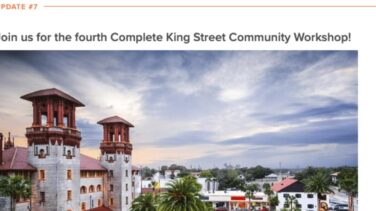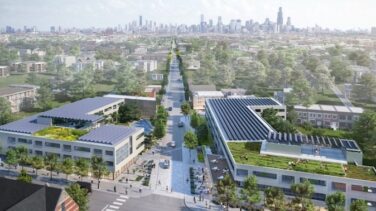 As the saying goes, to talk the talk you have to walk the walk.
As the saying goes, to talk the talk you have to walk the walk.
As a developer, it’s one thing to say that you’ve done community outreach and even engaged with the community during the planning process. It’s another to have true two-way engagement with a community. We understand how the former tends to happen without the latter.
‘Community outreach’ has become an umbrella term for any type of interaction with the public during the process of getting a project approved, from low-risk efforts such as posting a public notice to having a form on your site for people to ask questions about a project, even if the likelihood of engaging new people or receiving questions is minimal. By doing these things, you’ve checked the box of soliciting community involvement – at least on the surface.
But checking a box isn’t going to cut it anymore. Everyone is being held to higher standards of accountability, and people are finding new ways to get involved. The good news for developers and the community at large is that people actually want to be involved. That comes with challenges, of course: more voices, more opinions to consider, and oftentimes more back and forth. However, for developers who want to build truly inclusive communities, discussion is simply part of the process.
We’ve spent a lot of time assessing the benefits of these types of discussions and what equitable community engagement looks like. Our call to action for project teams is this – step back and really think about how you can be intentional with how you reach out to the community, when you do it, and how you actually plan to use the feedback you get from the process.
The effort is worth the reward. We’ve witnessed firsthand some of the positive impacts that community engagement has on project outcomes, which you can view in this analysis.
If you’re struggling to figure out how to start real conversations with the community, below are a few questions to consider that can get you started down that path:
- Who are the people that typically wouldn’t participate in conversations about this project? Are their nearby renters, young families, Millennials, etc?
- What barriers may prevent us from reaching the community? For example, what are the languages spoken at home? Is there a technology divide? Are other events or meetings happening in the community that would be a higher priority than a meeting where you plan to discuss a proposed development?
- What aspects of the project can the community influence at this point in the project? Note – the answer to this question is very different depending on how early or how late the community conversations start.
- What concerns do you think the community will have about the project? How can you help calm those fears?


